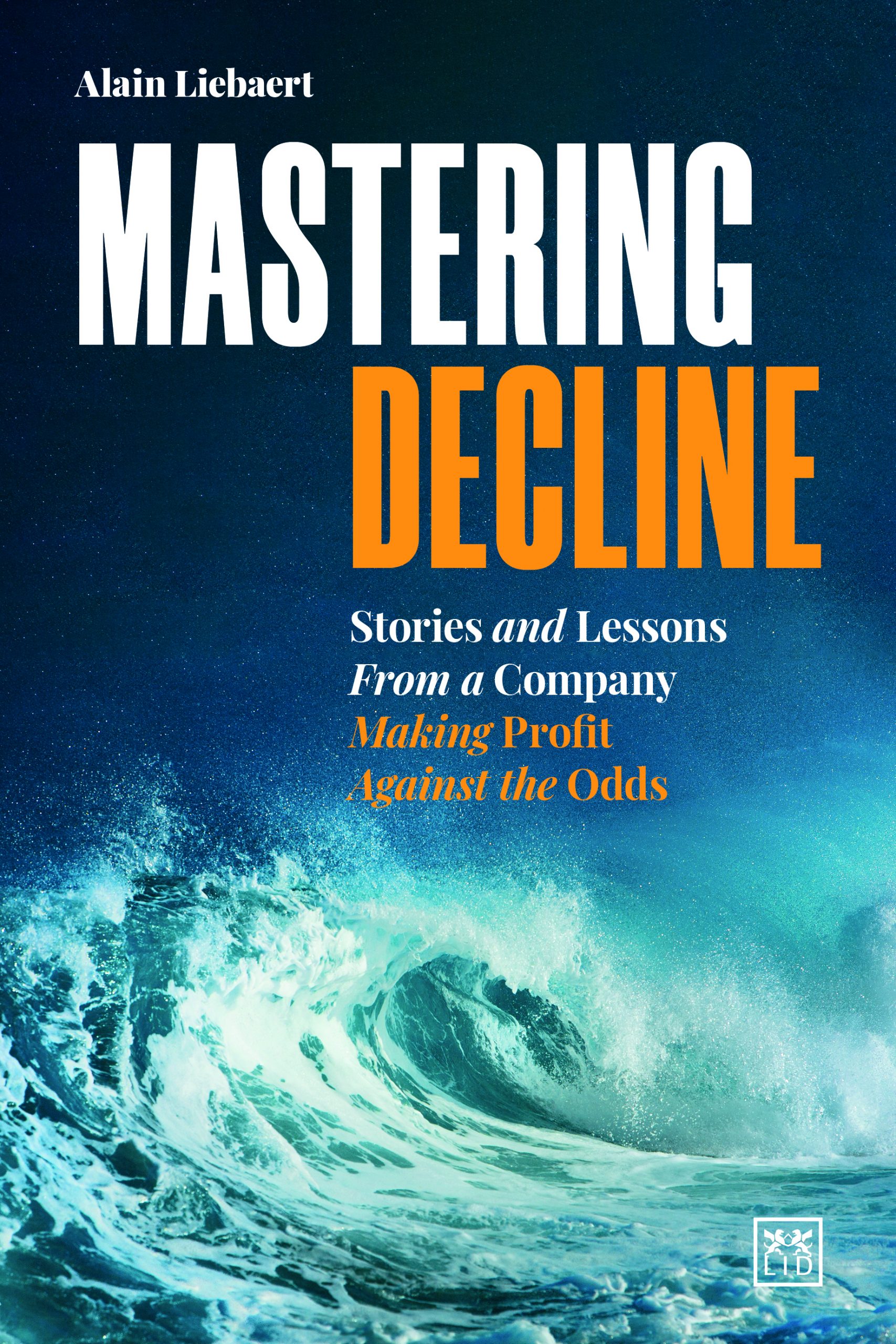|
How to build the right team for your business in a declining market by Alain Liebaert
By Guest Contributor Alain Liebaert
Nobody will dispute that human capital and interaction are the keys to successful businesses. This is especially true if you want to successfully master decline. And as people are the most valuable asset you will ever have in your company, you should always look for the best and the most intelligent people to build the strongest possible team.
However, the term intelligence may mean different things to all of us. The desired kind of ‘intelligence’ that you would want in your team, has the following characteristics:
- Humility – this is the essential trait of intelligence; when you have nothing to say, shut up!
- Knowledge of your abilities
- Knowledge of your flaws and shortcomings
- The ability to surround yourself with complementary colleagues
- The ability to analyse complex problems and situations, and then synthesize them
- The ability to explain complex problems simply to laypeople
- The ability to sense other people’s emotional intelligence
- Social intelligence, which involves comfortably navigating a blend of circumstances, cultures and religions
If you can create a team that naturally possesses these skills, you will be able to overcome any storm that comes your way.
Having employed the best people doesn’t guarantee you great results. If your staff doesn’t feel appreciated or taken care of, they won’t deliver what you want them to. You, as their manager or CEO, will also have to put the work into building the loyal, resilient team you would want for the company.
These are the traits of the ‘ultimate leader’:
- Genuinely interested in many things – your knowledge should go far beyond the business aspects of life. The broader your interests, the more you will be able to tap into your knowledge database when the shit hits the fan.
- Genuinely interested in their people, what they do and who they are – you should try to understand your people
- The ultimate time manager – you must have time for your team and their personal development, and you should always have an overview of everyone and everything
- The ability to do a ‘role swap’ and show genuine empathy for the members of their team – you should be able to do all of the work of your subordinates. This will make you less dependent on them and will help you understand their needs better
- No mood swings and total impartiality – having favourites will only lead to frictions, jealousies and political games within management
- Courageous – you don’t walk away from troubles and you back your team in any circumstances
You should have a process through which you manage your people in your company. The process I use is a simple, yet effective one, that helps me build loyalty.
- Teach your employees what you want them to do
- Train them how to do it
- Delegate tasks to them
- Motivate them to do better
In 99% of cases, the reason for failure is that management didn’t train their people well enough or showed blatant disrespect when interacting with them.
No people mean no business. Find the right people and then teach them well, train them well and treat them well. You need their loyalty, to you and to the company. Everybody needs to be behind you if you’re going to make it.
ABOUT THE AUTHOR

Alain Liebaert started his career as a management consultant, specializing in reorganizing companies on a ‘no cure, no pay’ basis. Following the death of his father, Alain entered the family business – Liebaert Textiles – and eventually became CEO, where he turned the business around in a declining market. After 30 challenging years, he left the family business in the capable hands of his children (the fifth generation), only to return to his old love of management consulting.
Suggested Reading

In this book, a former management consultant and current CEO of a company that survived decline in its market provides practical and hard-won advice for managers and owners of any company in a declining market or situation. In doing so, the author highlights key activities that companies in declining markets should focus on in order to secure their future and remain profitable.
